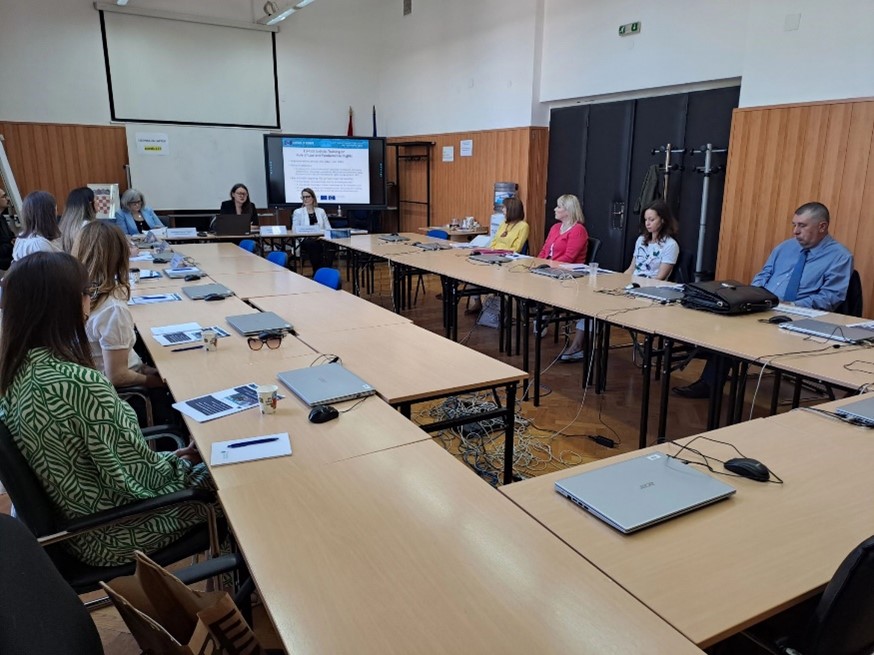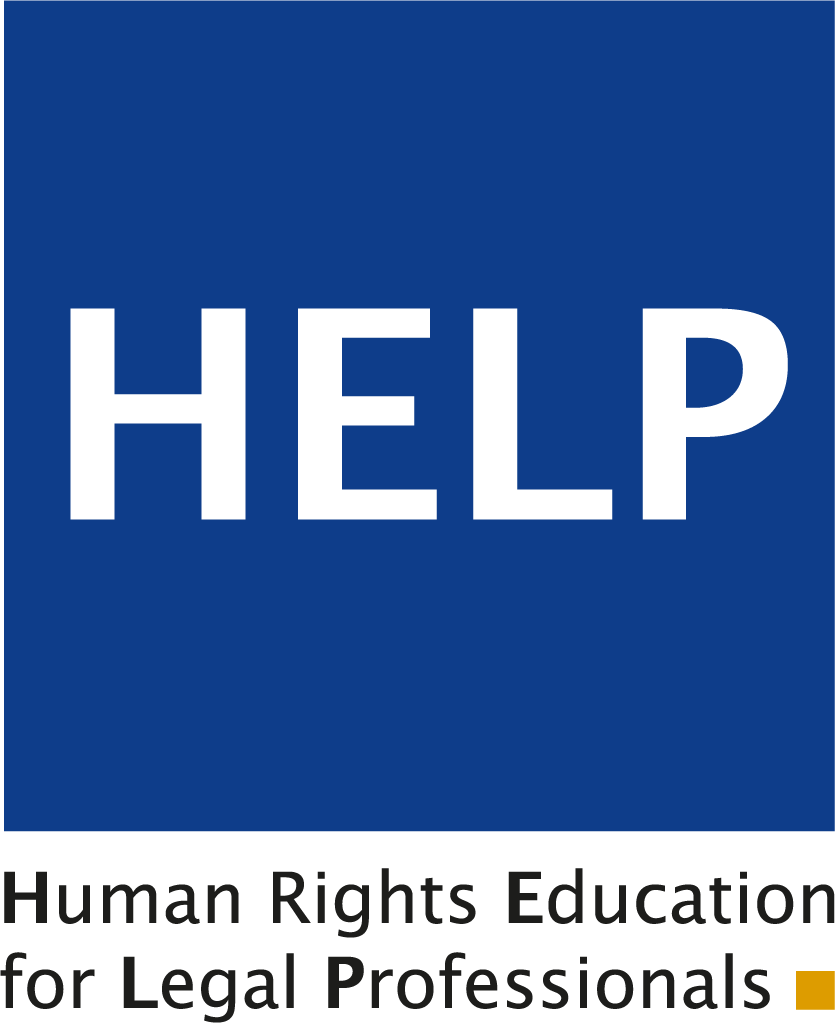On 24 May 2024, the Council of Europe Human Rights Education for Legal Professionals (HELP) Programme, in partnership with the Croatian Justice Academy, launched the HELP course focusing on the protection of refugee and migrant children. The launch event was held in Zagreb, Croatia, and was attended by judges from across the country. The activity was organised under the EU-CoE HELP "Judicial Training on Rule of Law and Fundamental Rights" project, funded by the European Union's Justice Programme.
The HELP online course aims to enhance the capacity of legal professionals to apply European human rights standards in their daily work, particularly concerning vulnerable groups such as refugee and migrant children. The course is delivered online with national tutors guiding participants through the material over the following months.
Nella Popović from the Croatian Justice Academy and Ana-Maria Telbis, from the HELP Programme of the Council of Europe, opened the seminar with welcome addresses. Ana-Maria Telbis provided a comprehensive overview of the HELP Programme, detailing its objectives and the functionalities of the online course platform, emphasising how the HELP courses support the implementation of European human rights standards at the national level.
Emina Gvozden from the International Protection Directorate of the Ministry of the Interior presented the current state of affairs concerning migrant children in Croatia and at Croatian borders.
A presentation by Laura Caitlin Parker, UNHCR Protection Officer, focused on the situation of refugee and migrant children in Croatia, highlighting the challenges they face and the urgent need for robust legal frameworks to protect their rights.
The seminar also included an interactive session led by national tutors Lara Barberic, and Snježana Horvat Paliska, who provided insights into the national implementation of the course. This session allowed participants to share their expectations and engage in a tour de table discussion, fostering a collaborative learning environment.
Participants will go through seven comprehensive modules covering topics such as child-friendly procedures, alternatives to detention, family reunification, social rights and integration, guardianship, and age assessment. The course content is designed to address the critical issues faced by refugee and migrant children, emphasising the application of international and European legal frameworks and relevant case law from the European Court of Human Rights.
The HELP online course on Refugee and Migrant Children takes 7 hours to complete and is also available in several languages in self-learning format (openly accessible, self-paced, certified) at this link.





